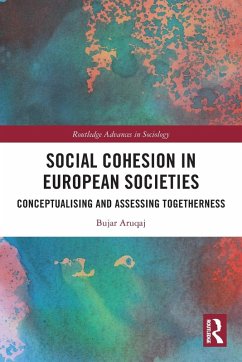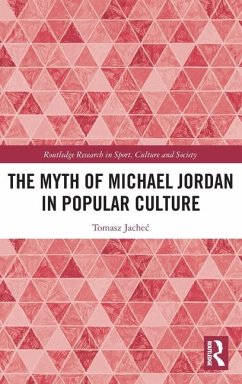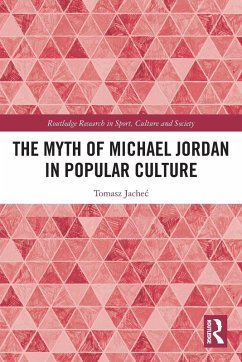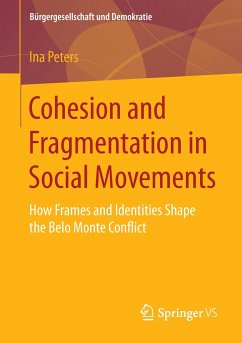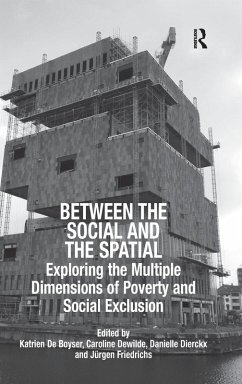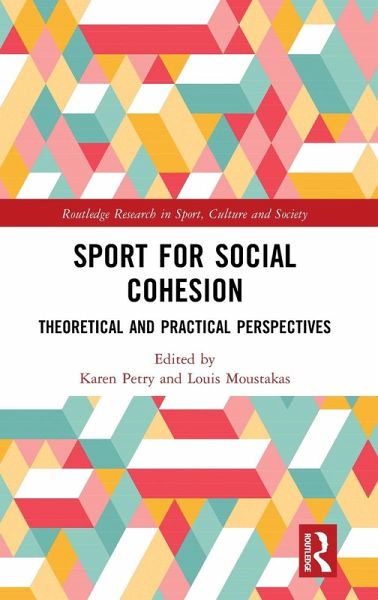
Sport for Social Cohesion
Theoretical and Practical Perspectives
Herausgegeben: Petry, Karen; Moustakas, Louis
Versandkostenfrei!
Versandfertig in 6-10 Tagen
137,99 €
inkl. MwSt.
Weitere Ausgaben:

PAYBACK Punkte
69 °P sammeln!
This book takes a critical look at the role that sport can play in fostering social cohesion. It presents important conceptual and empirical material that sheds new light on what works, and what doesn't, in terms of the use of sport as a tool of social policy.The book presents original research from a major international project, the Sport for Social Cohesion Lab (SSCL), that was designed to improve social cohesion in diverse, vulnerable urban neighborhoods and to support practitioners in delivering high-quality sport-for-social-cohesion. Examining the results from that project, the book also ...
This book takes a critical look at the role that sport can play in fostering social cohesion. It presents important conceptual and empirical material that sheds new light on what works, and what doesn't, in terms of the use of sport as a tool of social policy.
The book presents original research from a major international project, the Sport for Social Cohesion Lab (SSCL), that was designed to improve social cohesion in diverse, vulnerable urban neighborhoods and to support practitioners in delivering high-quality sport-for-social-cohesion. Examining the results from that project, the book also critically considers the varying definitions of 'social cohesion' and how outcomes are monitored and evaluated, as well as the needs, expectations and understanding of the participants. This is discussed in the context of research into other international sport-for-development projects focused on social cohesion, providing a full-spectrum analysis of both theory and practice in this important area of sports research.
This is fascinating reading for all researchers, advanced students or practitioners with an interest in sport development, sport policy, social policy, or the relationship between sport and wider society.
The book presents original research from a major international project, the Sport for Social Cohesion Lab (SSCL), that was designed to improve social cohesion in diverse, vulnerable urban neighborhoods and to support practitioners in delivering high-quality sport-for-social-cohesion. Examining the results from that project, the book also critically considers the varying definitions of 'social cohesion' and how outcomes are monitored and evaluated, as well as the needs, expectations and understanding of the participants. This is discussed in the context of research into other international sport-for-development projects focused on social cohesion, providing a full-spectrum analysis of both theory and practice in this important area of sports research.
This is fascinating reading for all researchers, advanced students or practitioners with an interest in sport development, sport policy, social policy, or the relationship between sport and wider society.





